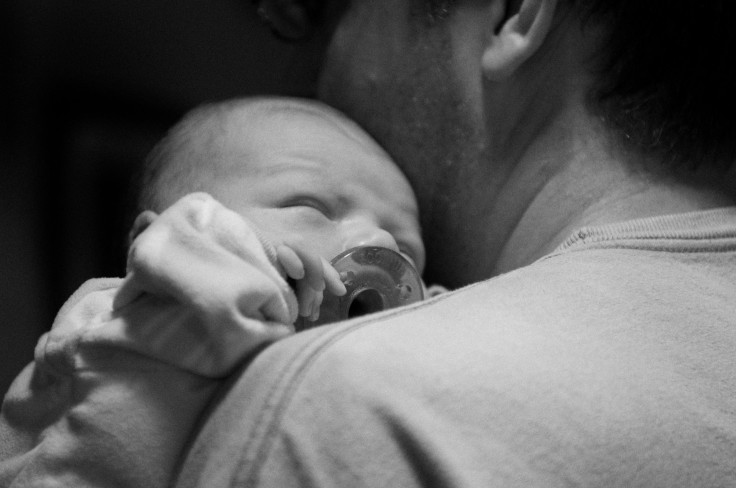NYC Dads And Disinfectant Wipes: Stay-At-Home Dads Go To Extremes To Keep Kids Safe

New York City fathers are disinfecting their kids by the second, fearing the germ-ridden subway poles and parks. These men are going above and beyond to keep their little ones as safe as possible in the big city.
Lance Somerfeld, an upper east side stay-at-home dad, created the NYC Dads Group — a community of over 815 fathers that started as a small playgroup in November 2008 and has since grown to be a resource to socialize and support each other.
However, psychologists warn not only the fathers, but also mothers that by constantly disinfecting playground equipment and anything else their child touches, they could be creating a fearful and codependent offspring.
"In New York, there's this drive to be the best in everything, and some dads are parenting their kids in hyper ways," said Dr. Timothy Verduin, associate director of New York University's (NYU) Child Study Center.
According to a study conducted by the University of Arizona, individuals who were "overparented" as children were found to have lower self-efficacy and an abnormally high sense of entitlement. Overparenting can even go so far as to create negative coping behaviors in young adults.
"New dads are afraid of everything-of breaking the baby, or being able to afford it," Somerfeld told the Daily News. "But we can be just as nurturing and capable-and sometimes just as scared-as new moms."
Somerfeld is a former public school teacher who has written for New York Family magazine, Big Apple Parent, and The Good Men Project, among others. He works alongside Matt Schneider, another public school teacher and stay-at-home Manhattan dad. The two operate a website, blog, podcast, and various social media groups in order to organize special events like museum and zoo trips and parent-and-me classes, which are all either free or generally affordable.
They even have a three-hour workshop called "New Dad Boot Camps," where current dads work with expecting and newer dads on how to develop bonds, be supportive of their baby's mother, and create baby-safe environments.
The number of men who have left the workforce entirely to raise their offspring has more than doubled in the last 10 years to 189,000, according to a 2013 Census Bureau. In addition, there are 626,000 fathers who leave the workforce for a part-time or freelance position in return for a stay-at-home dad lifestyle. What's more, fathers have almost tripled the amount of time they spend with their children since the 60s, a time when men were overwhelming dominant in the bread-winning role. In 1965, fathers spent about 2.5 hours per week with their children, compared to 7.3 hours that fathers of 2011 spent, according to a Pew Research Report.
But stay-at-home dads may want to consider laying off the disinfectant wipes and ease up on inspecting their kids by the second. "You want your kids to have a certain amount of bad experiences in their life," Verduin advised. "By transcending small failures as children, when they are adults hopefully they can transcend much bigger crises."
So, dads, the next time your kid gets a papercut, skins a knee, or eats a little bit of dirt, remember this: germs and mistakes are a healthy part of a child's development.



























